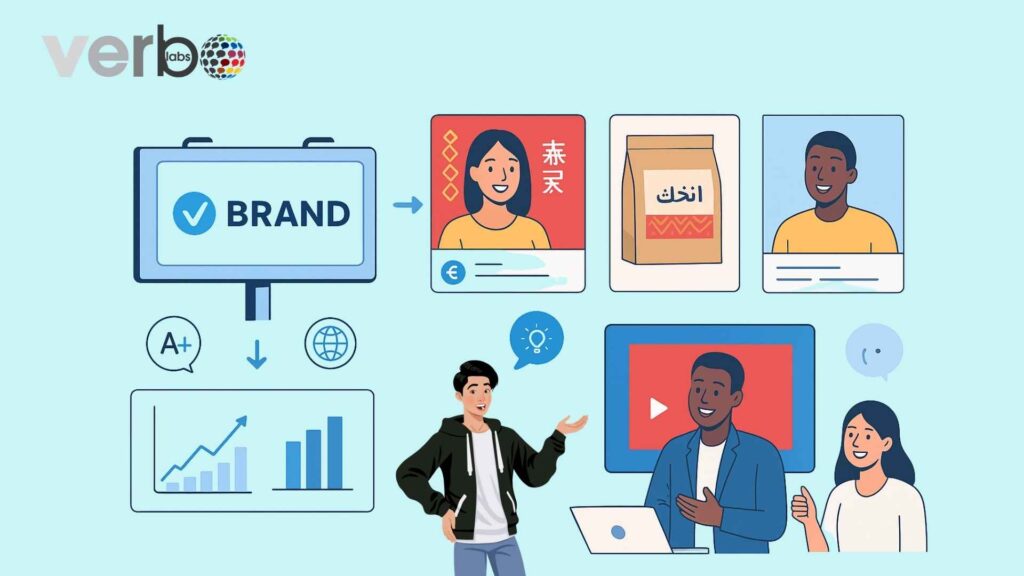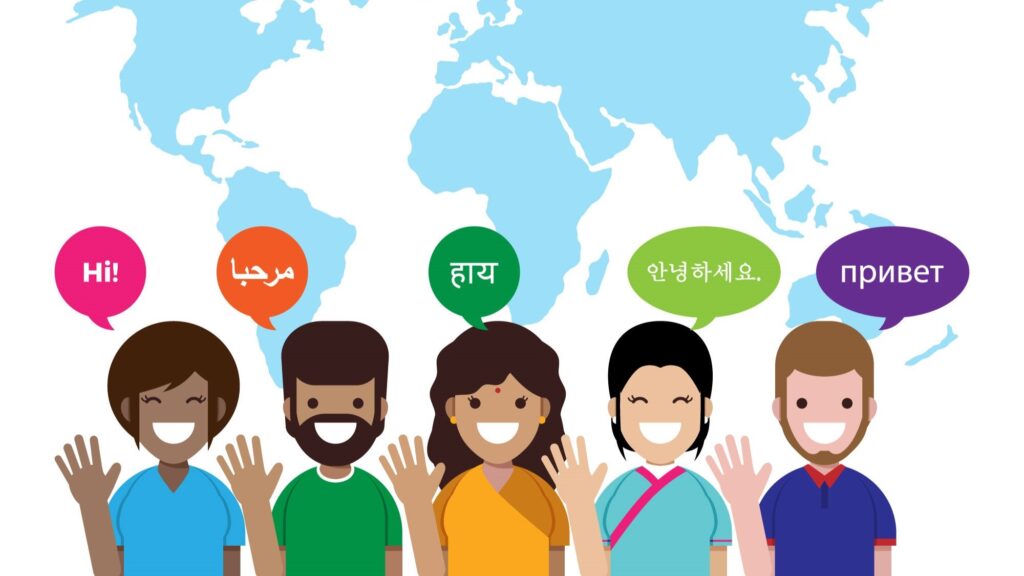
Advertising translation is more than just converting words—it’s about adapting cultural meaning, emotional tone, and brand voice across languages. Mistakes like ignoring cultural context, over-relying on machine translation, or neglecting legal compliance can cost businesses revenue and reputation. By avoiding the most common pitfalls—and working with expert providers like VerboLabs Translation and Localization Services—brands can create campaigns that resonate globally, comply with regulations, and maintain persuasive power.
Advertising translation can make or break a global campaign. A slogan, tagline, or video ad that connects in one language might fall flat—or even offend—in another if mistranslated. Brands that ignore cultural and linguistic factors risk losing revenue, damaging their reputation, and creating cultural misunderstandings.
The good news? These challenges are avoidable. In this guide, we’ll break down 10 mistakes to avoid in advertising translation and how to overcome them.
10 Mistakes to Avoid in Advertising Translation
1. Ignoring Cultural Context
Literal translations rarely work in advertising. Humor, idioms, and slang often don’t carry the same impact across cultures.
- Example: A car brand’s translated slogan once implied “it won’t start” in a target language—hurting sales.
- Solution: Use localization services that adapt tone and cultural meaning, not just words.
2. Using Automated Tools Without Human Review
Machine translation tools (like Google Translate) are fast but lack nuance. Ads require persuasion, creativity, and emotional resonance—qualities machines cannot guarantee.
- Risk: Wrong slang, awkward tone, or culturally offensive phrases.
- Solution: Pair AI-assisted workflows with human translators who refine brand voice and ensure accuracy.
3. Overlooking Visual & Linguistic Alignment
Advertising is a combination of visual and verbal elements. If text and imagery don’t align, the message fails.
- Example: A pun-based tagline may not match the visual concept in another culture.
- Solution: Translate both text and visuals together to ensure coherence in ad videos, billboards, and social campaigns.
4. Neglecting Legal & Regulatory Requirements
Different countries regulate pharma, alcohol, financial, and food ads differently. Failing to adapt disclaimers or legal fine print can lead to penalties.
- Example: Medical ads require clear warnings that must be accurately translated.
- Solution: Utilise translation services for legal documents and healthcare translation services to ensure compliance.
5. Failing to Localize Digital Ad Campaigns
Online campaigns, such as Google Ads, Facebook Ads, or website copy, depend on keywords and character limits. A literal translation may break ad format rules or ruin SEO.
- Example: Mis-translated keywords = lower click-through rates (CTR).
- Solution: Translation services for websites include keyword research, ad adaptation, and SEO-friendly localization.
6. Ignoring Emotional Tone & Brand Voice
Advertising works because it evokes emotions. If the translation misses the emotional core, the ad feels flat.
- Example: A campaign that was humorous in English became offensive when translated literally into another language.
- Solution: Partner with marketing translation services to maintain persuasion power while adapting to cultural tone.
7. Using Inconsistent Terminology
Multiple translators without guidelines = inconsistent brand vocabulary. Customers notice when slogans, taglines, or product terms change across markets.
- Solution: Use translation memory, glossaries, and style guides to maintain brand consistency globally.
8. Forgetting Multilingual Subtitles & Voiceovers
Video ads are a dominant format, but many brands forget to add localized subtitles or voiceovers. Without adaptation, audiences cannot fully engage with the content.
- Solution: Use translation services for ad videos to ensure accessibility and inclusivity.
9. Not Considering Target Audience Diversity
Languages vary across regions. Spanish in Mexico differs from Spanish in Spain. Ads must reflect dialectal variations or risk alienating audiences.
- Example: A word considered neutral in one region may be offensive in another.
- Solution: Professional providers ensure regional adaptation, much like translation services for immigration or USCIS documents demand precision.
10. Choosing the Wrong Translation Service Provider
Many businesses underestimate the importance of choosing the right partner. Inexperienced providers lead to miscommunication, poor quality, and brand damage.
- Checklist for choosing a translation service provider:
- Do they have industry expertise?
- Do they use native linguists?
- Do they combine AI + human review?
- Do they offer end-to-end localization?
VerboLabs ticks all these boxes—making it a trusted choice for global advertising campaigns.
VerboLabs: Your Partner in Effective Advertising Translation

VerboLabs is a trusted global provider of translation and localization services that help businesses connect across cultures.
Why VerboLabs?
- Native linguists with expertise in advertising, legal, healthcare, and immigration.
- AI-assisted workflows + human editing for speed and accuracy.
- Proven success in localizing ad campaigns without losing emotional tone or compliance.
Specialized services include:
- Advertising translation services for slogans, ad videos, and campaigns.
- Document translation services for USCIS, legal, and birth certificates.
- Healthcare and medical translation services for pharmaceutical ads and regulations.
- Localization services for websites and digital campaigns.
Example: A global brand partnered with VerboLabs to launch a multilingual campaign across Asia, ensuring cultural accuracy, emotional tone, and regulatory compliance—all without losing brand identity.
Conclusion
Avoiding mistakes in advertising translation is critical to global brand success. From cultural context to emotional tone, every detail matters in building trust and resonance across markets.
By working with a trusted provider like VerboLabs Translation and Localization Services, businesses can avoid costly errors and ensure their campaigns connect meaningfully with diverse audiences.

Partner with VerboLabs Translation Services and avoid costly advertising mistakes.
FAQs
A company like VerboLabs that offers expert translation, localization, and industry-specific adaptation for businesses and individuals.
A specialized service that adapts brochures, websites, and campaigns to maintain brand tone and persuasion across languages.
They enable businesses to expand globally, build trust, avoid miscommunication, and comply with regulations.
Process includes: Project intake → analysis → translation + localization → editing → proofreading → delivery.
They help businesses expand into new markets, maintain brand consistency, and ensure compliance.
To avoid misdiagnosis, ensure regulatory compliance, and guarantee safe communication between doctors and patients.
* Global businesses
* Healthcare providers
* Law firms and immigration services
* Government institutions
* Marketing and advertising agencies



